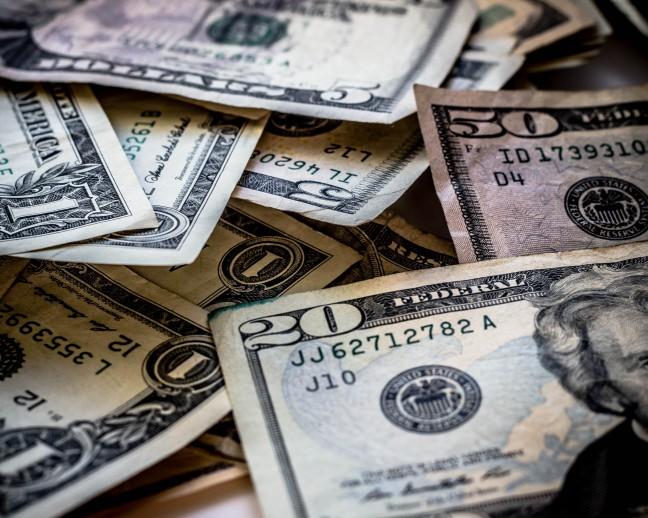After three years of attending University of Wisconsin, I will graduate with more than $16,000 worth of student loan debt. And this is considered a good deal.
After I received my acceptance letter to this world-class university, I soon discovered the astronomical costs, not only for tuition but housing, food, textbooks and other amenities.
I knew my family wouldn’t be able to pay for college with only my mom’s wages as a unionized factory worker. But fortunately, through FAFSA, I received enough funds to attend UW and was ecstatic to fulfill the dream of earning a degree — the dream my parents were never able to complete.
I will be graduating from UW with a degree in political science, history and a certificate in LGBT studies in May. But that’s not the only thing I will be graduating with.
I checked the Great Lakes Borrower Service last week and I have accumulated more than $16,600 in debt during only three years of college.
I consider myself fortunate that six months after I graduate I will have to start paying back this debt, which compared to my classmates is a meager sum.
With what may sound like “impending doom,” I’ve tried everything in my power to remain hopeful — hopeful I’ll find a job, I won’t default on my loans and I’ll be able to afford rent and insurance.
But it’s hard to keep positive when the government is trying to profit off my vulnerabilities as a low-income student. In 2013, the government made more than $40 billion off of interest on student loans.
Democratic legislators both at the state and federal levels have introduced legislation to combat the growing problem of student loan debt, which is now the No.1 source of debt in the nation at $1.2 trillion.
The Higher Ed, Lower Debt bill was introduced in the Wisconsin State Assembly and Senate earlier last year and we are still fighting for this crucial legislation.
Higher Ed, Lower Debt aims to increase education about student loans and to give us a clear picture of the payback process and other policies involved with taking out loans.
Additionally, the bill would alleviate the high costs of paying back students loans. The bill offers tax deductions for individuals making payments on their student loans, an average of $175 of savings per year, and also allows students to refinance their federal loans at lower rates. These are common sense solutions for graduates who are struggling to make their monthly payments.
I’d like to thank Rep. Cory Mason, D-Racine, and Sen. Dave Hansen, D-Green Bay, along with countless other Democrats who have stood up for me and the more than 800,000 other Wisconsinites with crippling student loan debt.
I’d also like to take this opportunity to call out the Republican legislators who have attacked my education, just because my family can’t afford to pay for it.
During the hearing on Higher Ed, Lower Debt this month Sen. Rick Gudex, R-Fond du Lac, and Sen. Stephen Nass, R-Whitewater, harshly questioned Mason and Hansen, the authors of the bill, via telephone.
Gudex even commented, “Students aren’t forced to go to college.”
I beg to disagree with the senator. Our nation provides fewer and fewer quality jobs every year. Higher education has become not an option, but a necessity for an individual to achieve their dreams.
Gudex’s argument insinuates if I can’t afford an education then I shouldn’t be able to receive one. This argument attacks low-income families by taking away their ability to dream.
When I was little, my mom used to tell me I should become a dentist, which requires a professional degree. While I may not enter the dental profession, I wouldn’t have been able to achieve anything I have if it were up to Gudex.
I did everything right during high school. I got great grades. I was very involved. I applied for countless scholarships. But none of that would have meant anything if I hadn’t been able to use federal aid to attend school.
So let’s continue to let our children dream and strive for anything they can, and maybe someday we won’t live in a world where we’re told that nobody is “forcing us” to dream.
Danny Levandoski (danny.levandoski@gmail.com) is a junior majoring in political science and history.


